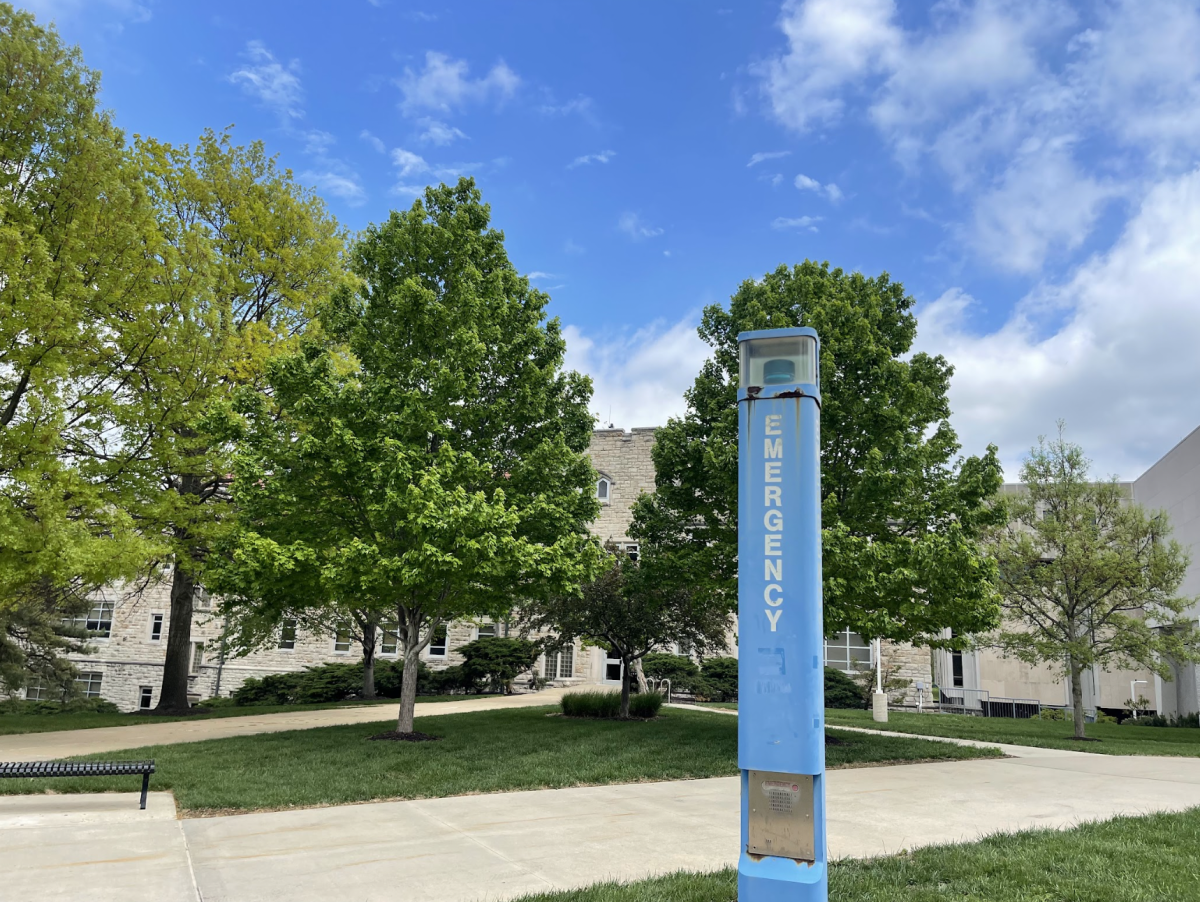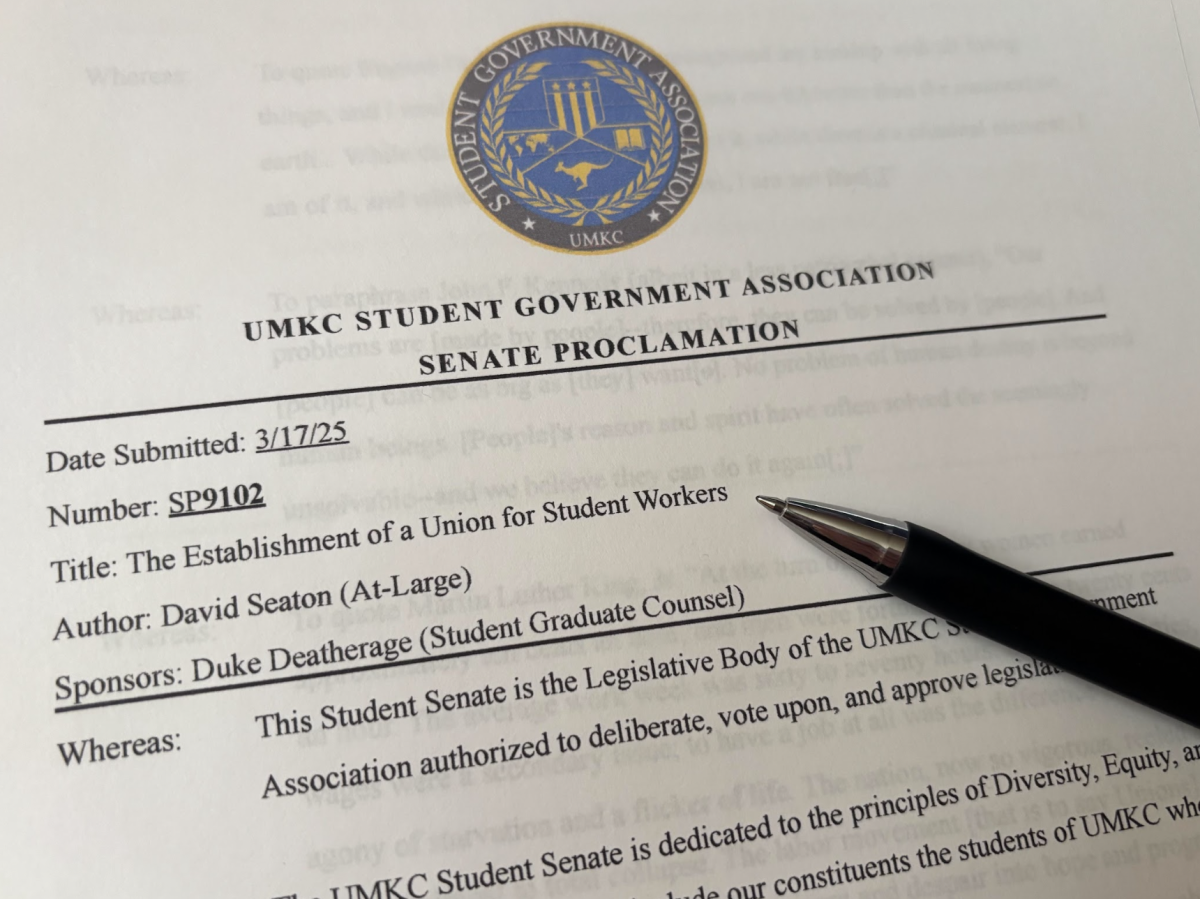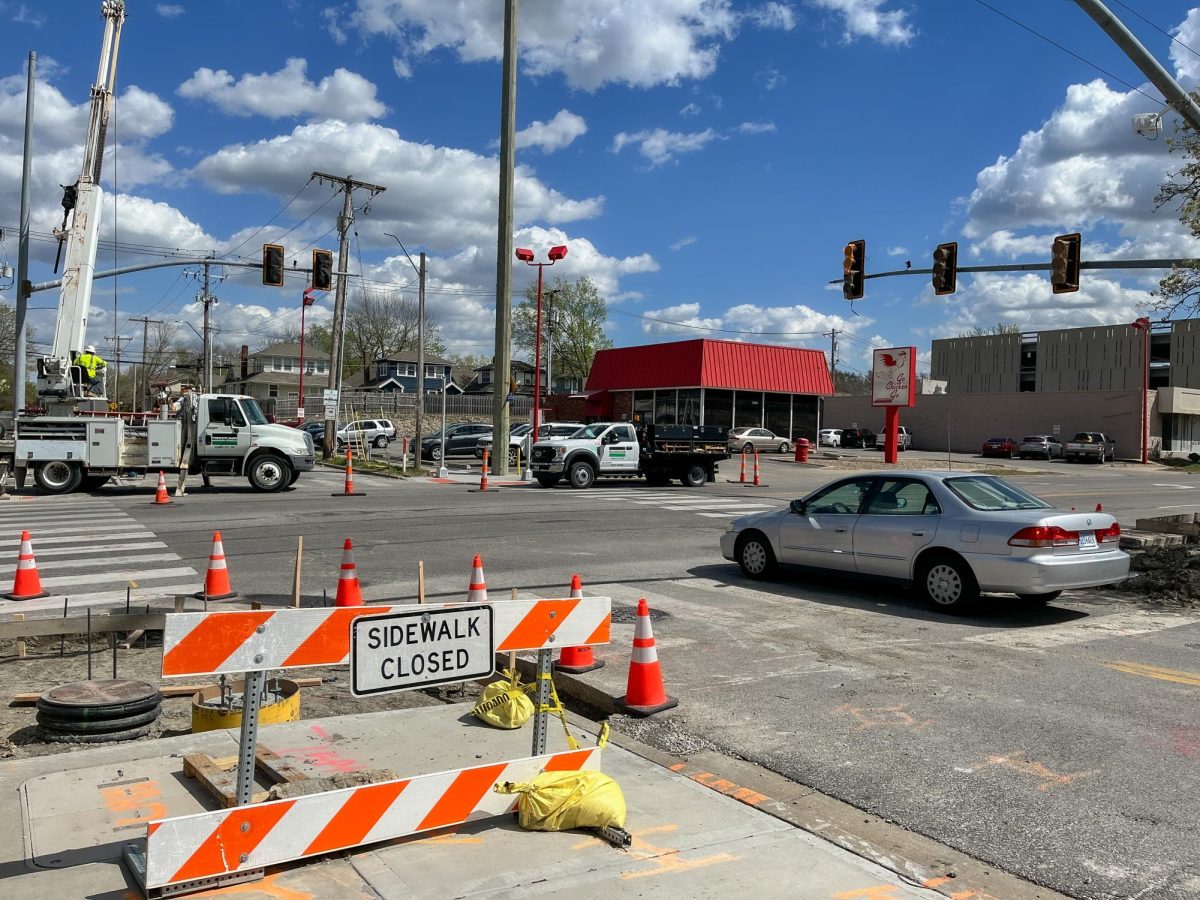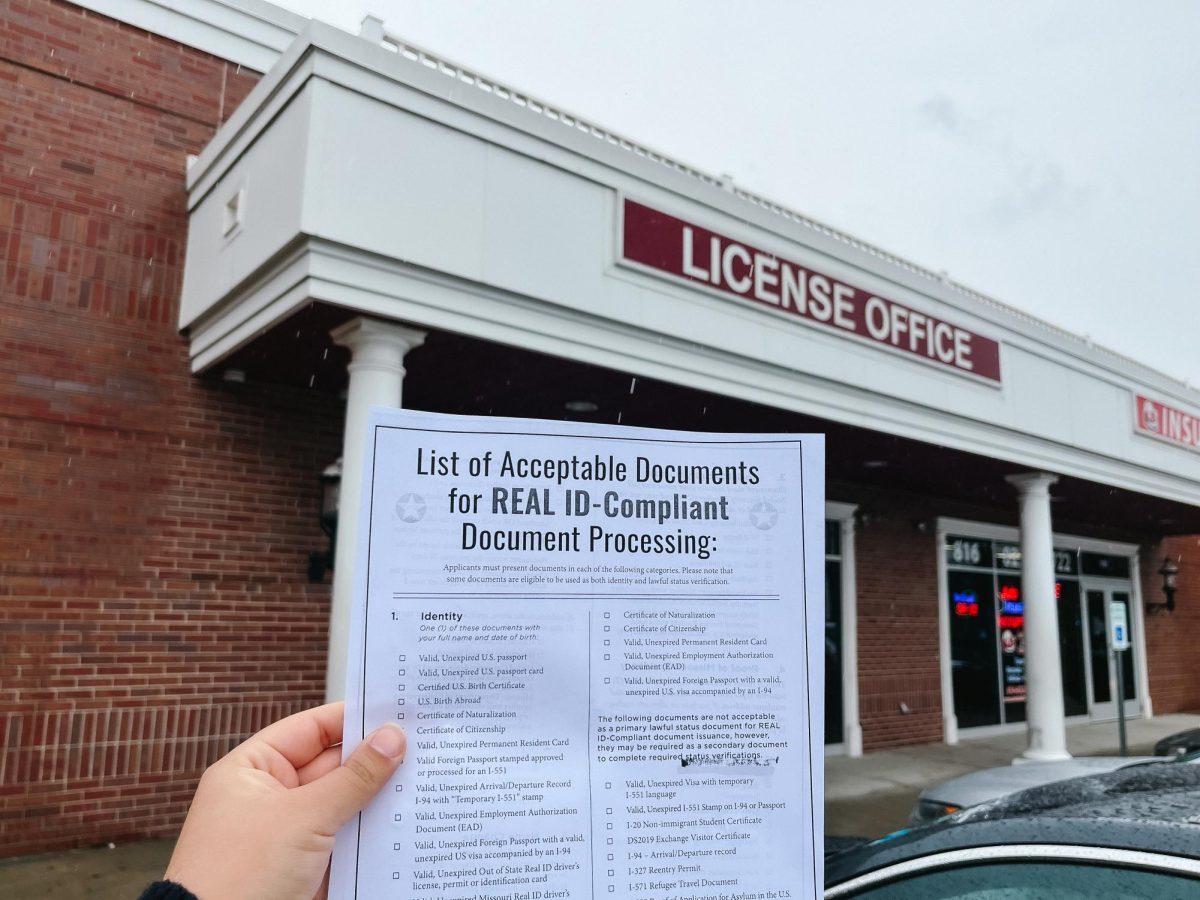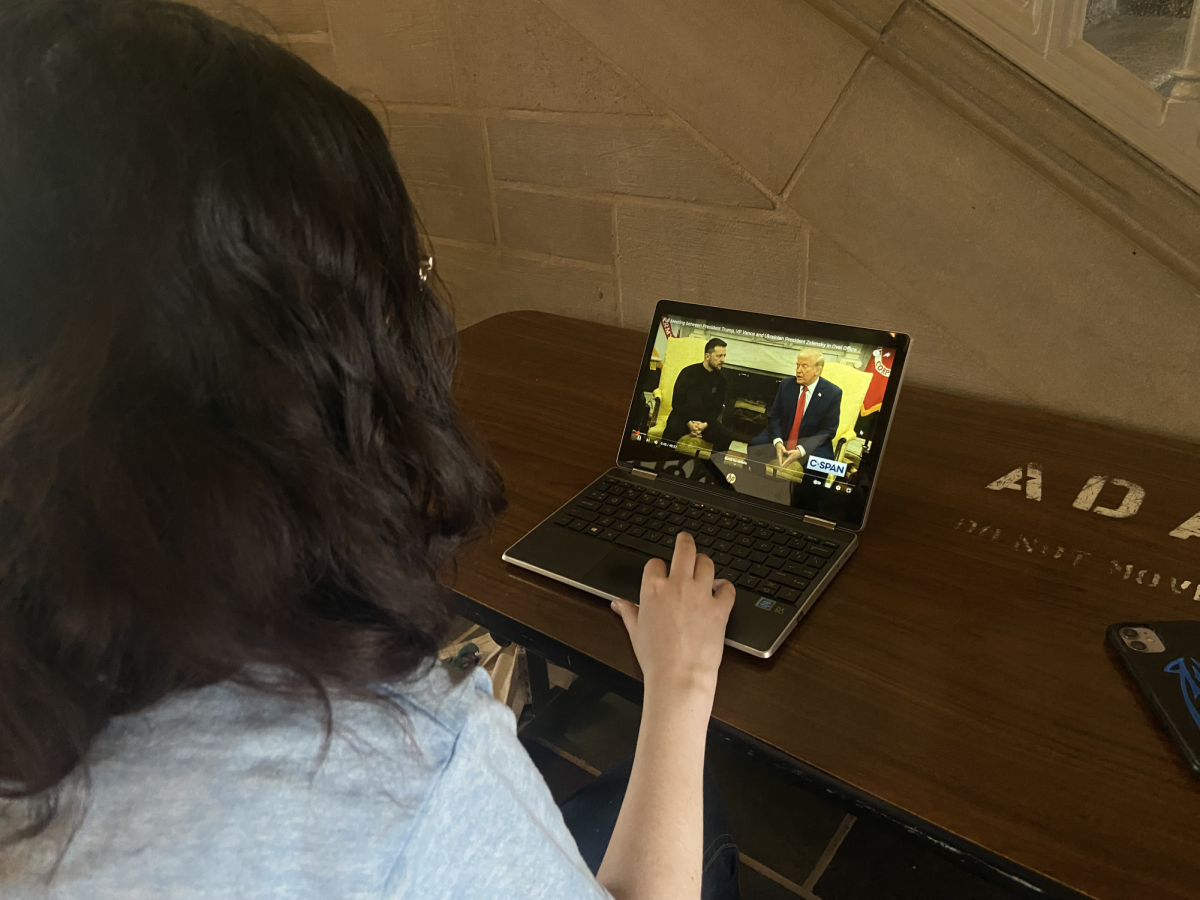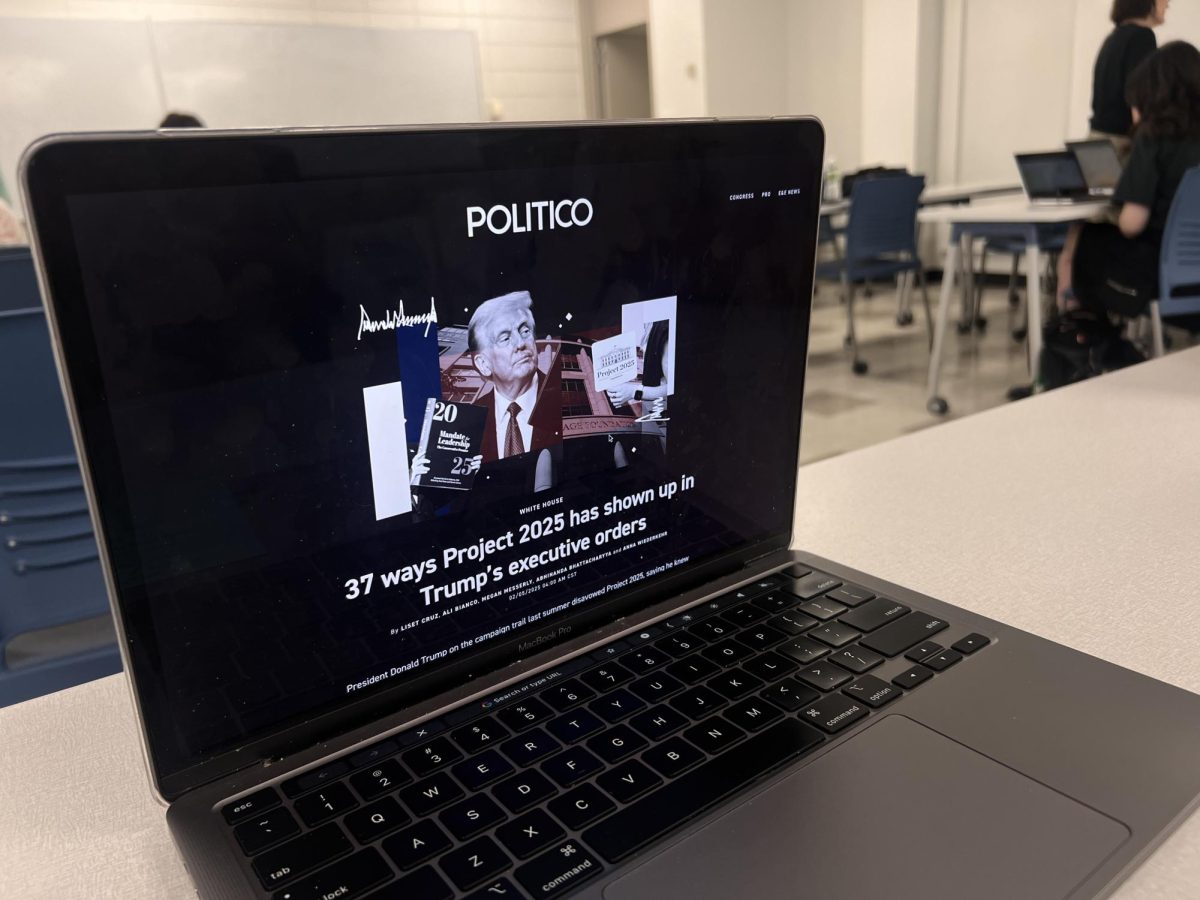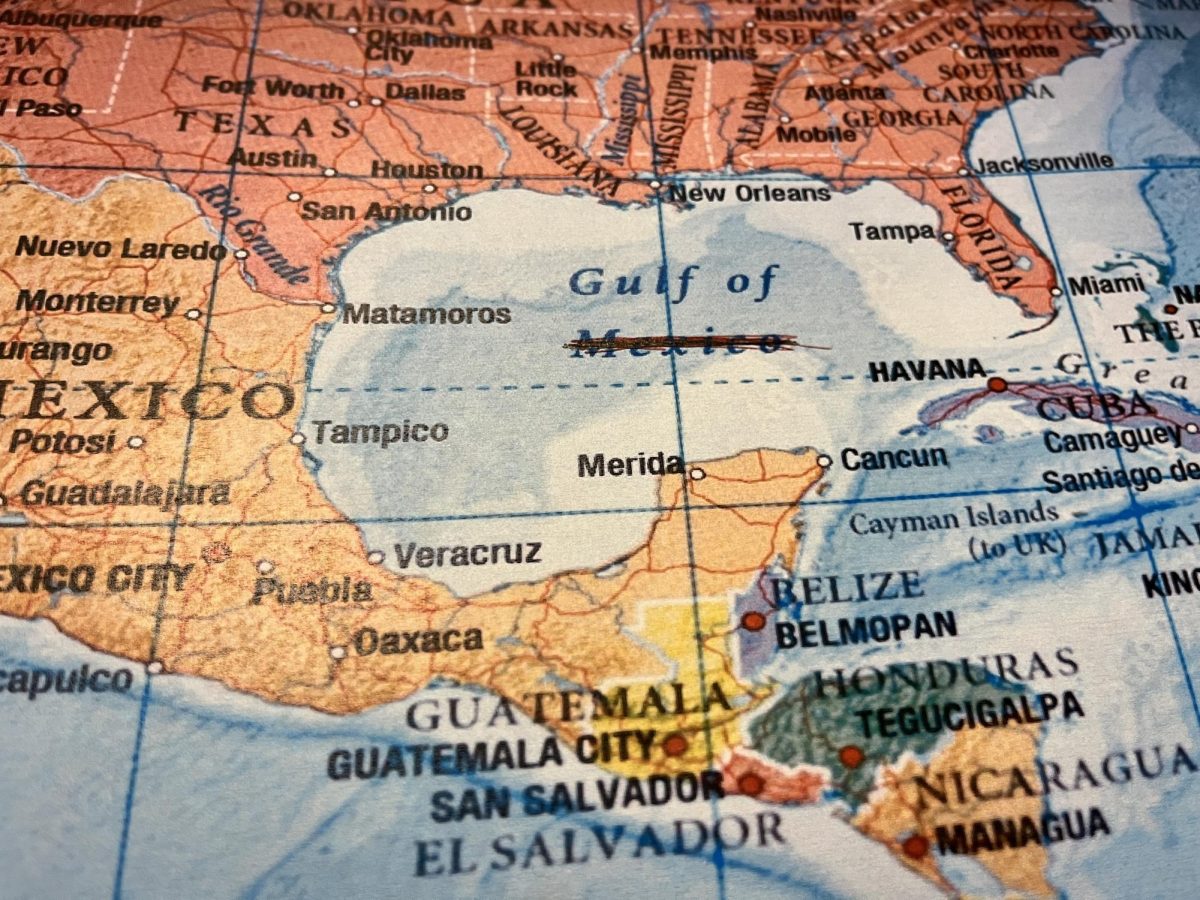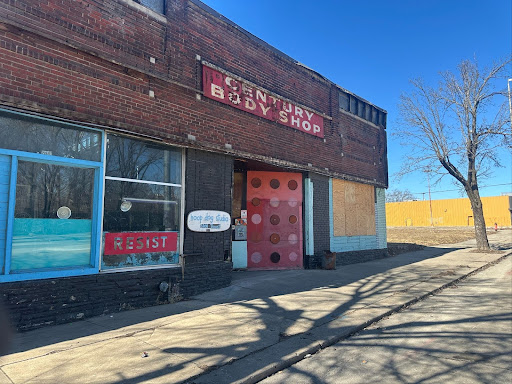University of Missouri Students and Workers United in partnership with Workers Strike Back hosted a rally advocating for better student wages on Mar. 8 in the Charles B. Wheeler Amphitheater.
While the State of Missouri minimum wage is $13.75, there are some workarounds that colleges and universities employ to be able to pay their workers less. UMKC and other University of Missouri schools are able to pay their workers as low as $9-11 an hour.
“The student workers here are a key reason why the university is so successful,” said Hunter Hawthorne, a member of Workers Strike Back. “Beyond that they’re people, they use their labor for the university and they deserve to be able to survive and be able to afford basic necessities like groceries, paying rent, car payments and having healthcare.”
Student workers report that this wage is not enough to cover the many expenses that they have. Some students have to work multiple jobs to make enough money, but international students don’t even have that option.
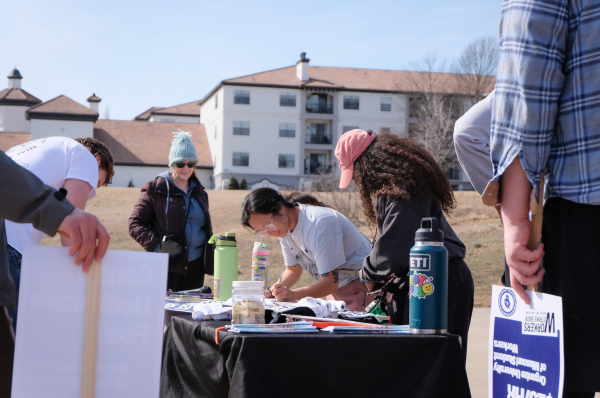
“Our salaries are below the poverty lines and I’m having a hard time paying my bills,” said an anonymous international student. “Beyond that, they ask us to pay $1500 per semester for insurance. I cannot save with my salary and so I simply can’t pay it. I’m not allowed to work somewhere else or have a part time job to cover all their expenses.”
UMSWU and Workers Strike Back are attempting to unite the student and city communities to create living wages on campus and no fees for healthcare.
Matthew Meloy, a member of Workers Strike Back and a former UMKC student, said that students don’t know how to stand up for themselves against the low wages.
“We’ve talked to hundreds of students on campus that have shared their stories with us and they’ve said they don’t know what to do about it,” said Meloy.
One of the student organizers of the rally, Henry Sowell, a junior studying political science, said that “There is clearly a want and hunger for this. Everyone is interested in it, especially international students, but they’re afraid,” said Sowell. “We’re trying to get over that fear, saying that even you can speak up.”


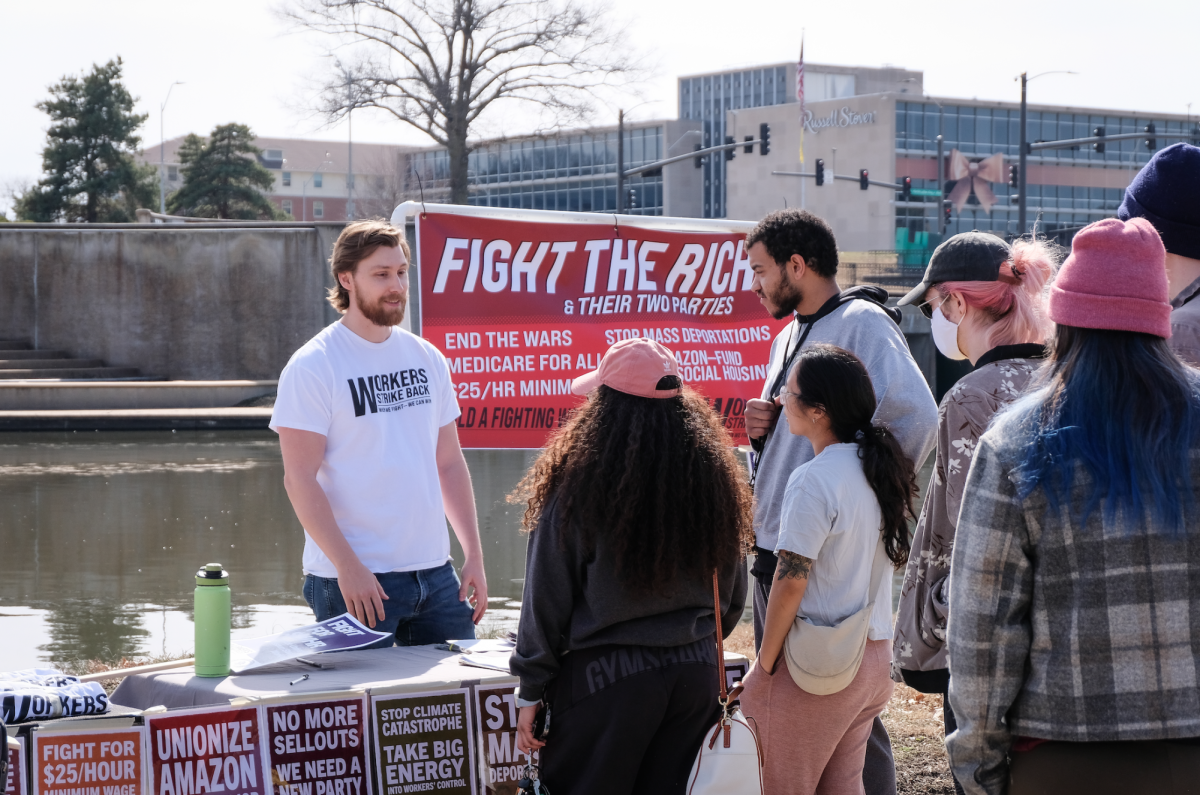



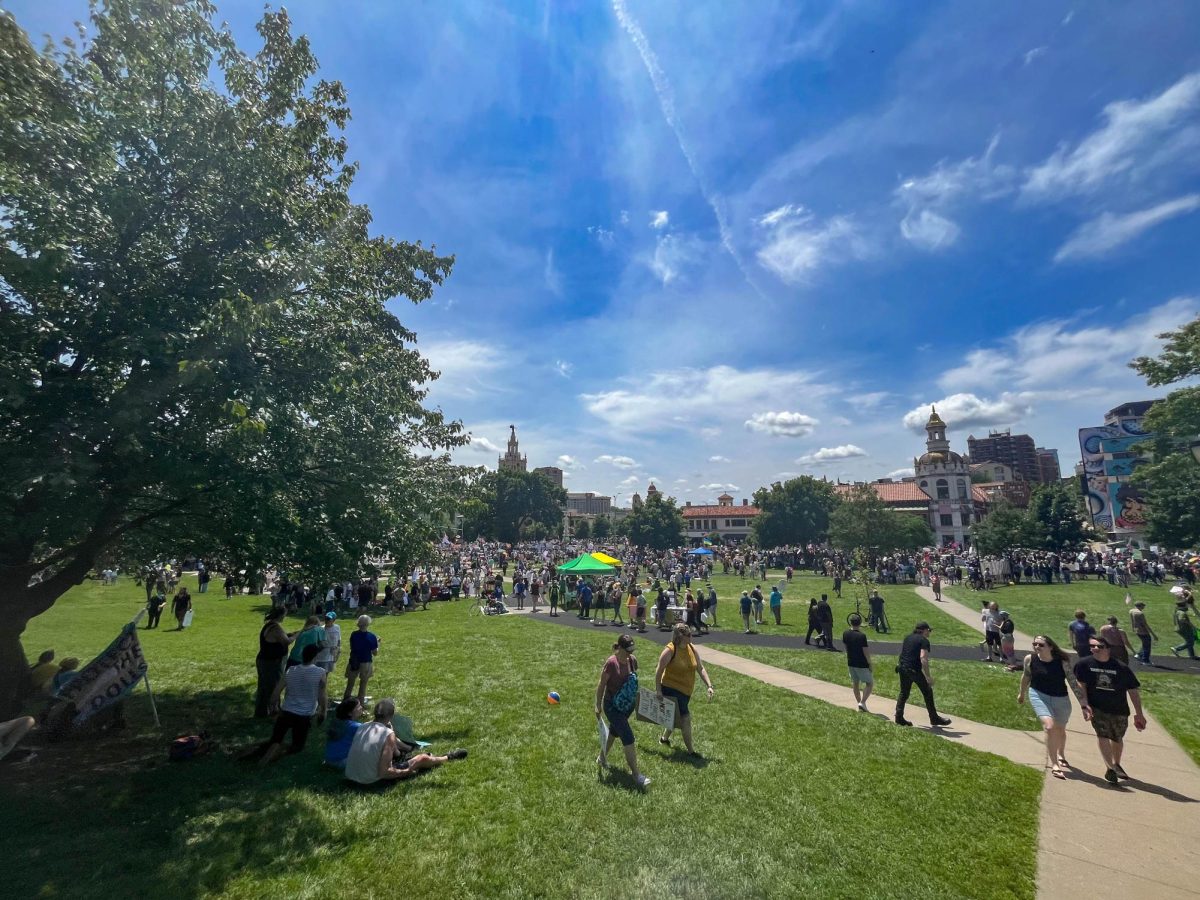


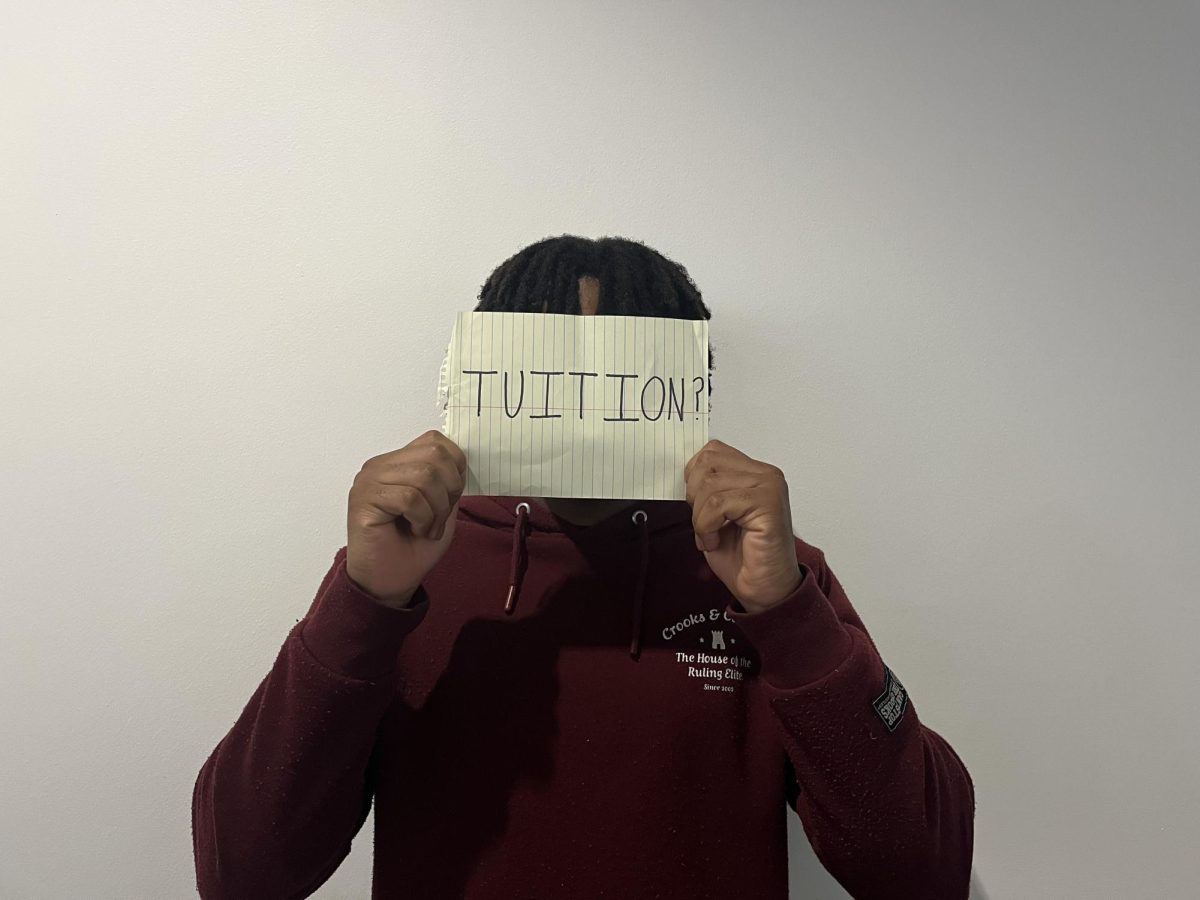
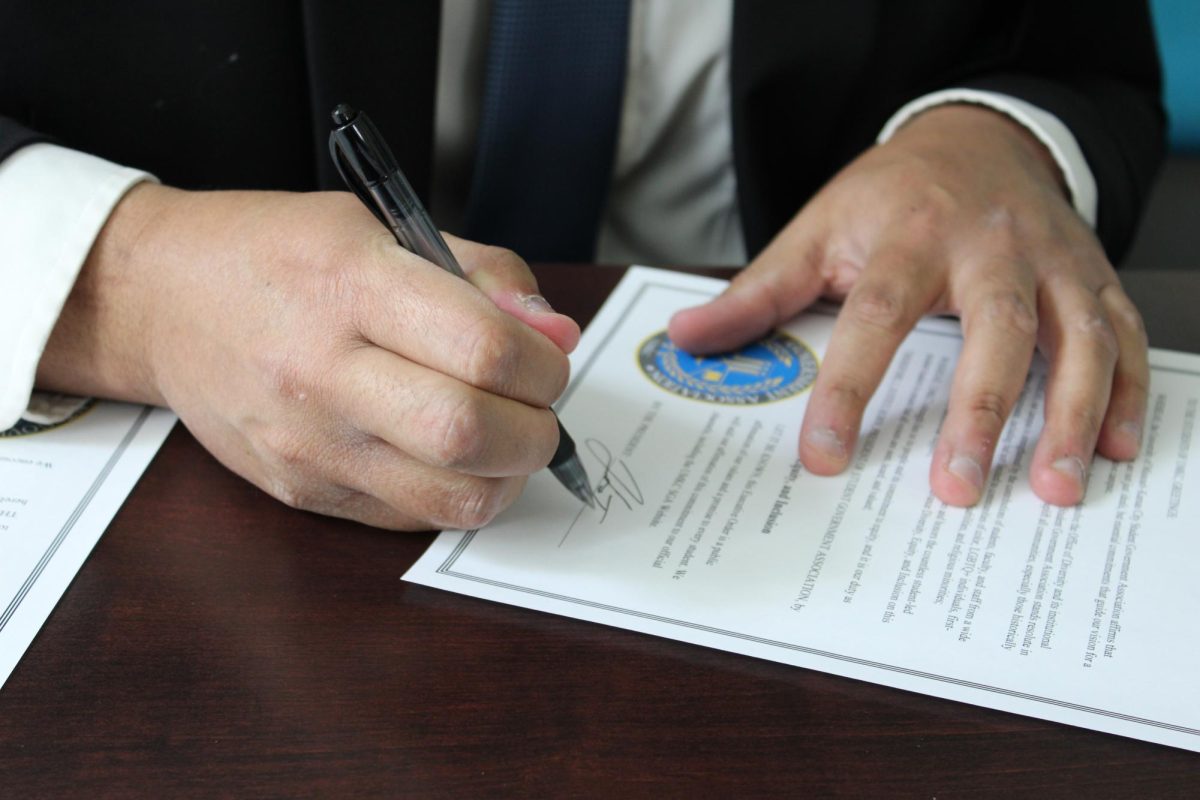

![Alex Unseth [left] and Yasmen Hassen [right] speaking at the dinner.](https://kcroonews.com/wp-content/uploads/2025/04/SGA-1-1200x800.jpg)
